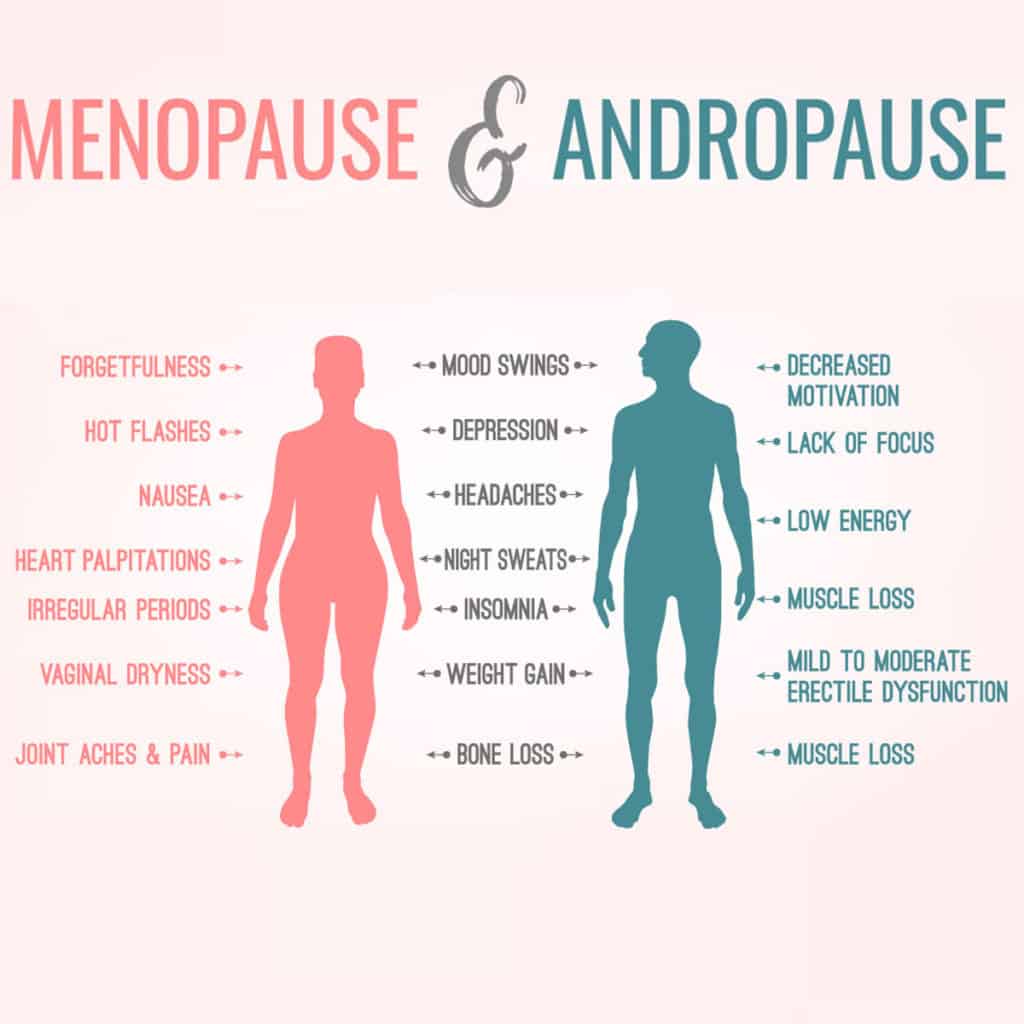Hormone Testing and Prescribing
 Menopause is a complex physiological process that all women must go through. Some cruise through it with minimal suffering, while others struggle for years. Much of it has to do with genetics and lifestyle.
Menopause is a complex physiological process that all women must go through. Some cruise through it with minimal suffering, while others struggle for years. Much of it has to do with genetics and lifestyle.
Once ovulation ends, the adrenal glands pick up the hormone production that the ovaries once did.
However, depending on the vitality of the adrenal glands, she may or may not be able to produce enough hormones, resulting in uncomfortable symptoms such as those listed here.
In addition to having deficient hormones, women in transition (peri-menopause) may not only experience hormone deficiency symptoms but also symptoms of estrogen excess.
Blood tests look at a micro-second and have huge ranges to base the values on.
This does not seem to be an accurate way to get a baseline on which to prescribe hormones.
Also, excess estrogen causes weight gain and water retention, while the patient still experiences hot flashes and night sweats.
There are two reasons why a patient may have the symptoms of estrogen excess: 1. lack of progesterone, 2. poor estrogen metabolism. Conventional medicine acknowledges the first cause but not the 2nd one. So the treatment for this syndrome is to prescribe progesterone. However, alternative physicians also check for liver activity and address that cause since the patient may not in fact be low in progesterone.
Alternative MDs and naturopathic physicians have long used 24-hour urine tests to measure hormone levels and a woman’s ability to metabolize estrogen.
We have healing modalities that can affect estrogen metabolism through the liver to address the cause, not just the symptoms.
It is important to assess the liver’s ability to methylate estrogen before prescribing this hormone.
Estrogen has long been known to carry the risk of causing breast and uterine cancer.
Those who do not metabolize estrogen efficiently will be at increased risk for developing estrogen-related cancer if prescribed this hormone.
This does not mean that if she has a sluggish liver she cannot qualify for estrogen replacement. As mentioned before, naturopathic physicians are trained to treat the liver with a wide range of modalities.
It is best for any patient with a sluggish liver to get treated.
Hormone balance is a delicate and ever-changing process in peri-menopausal and menopausal patients, and naturopathic physicians are well-equipped to manage it with a wide variety of modalities.
